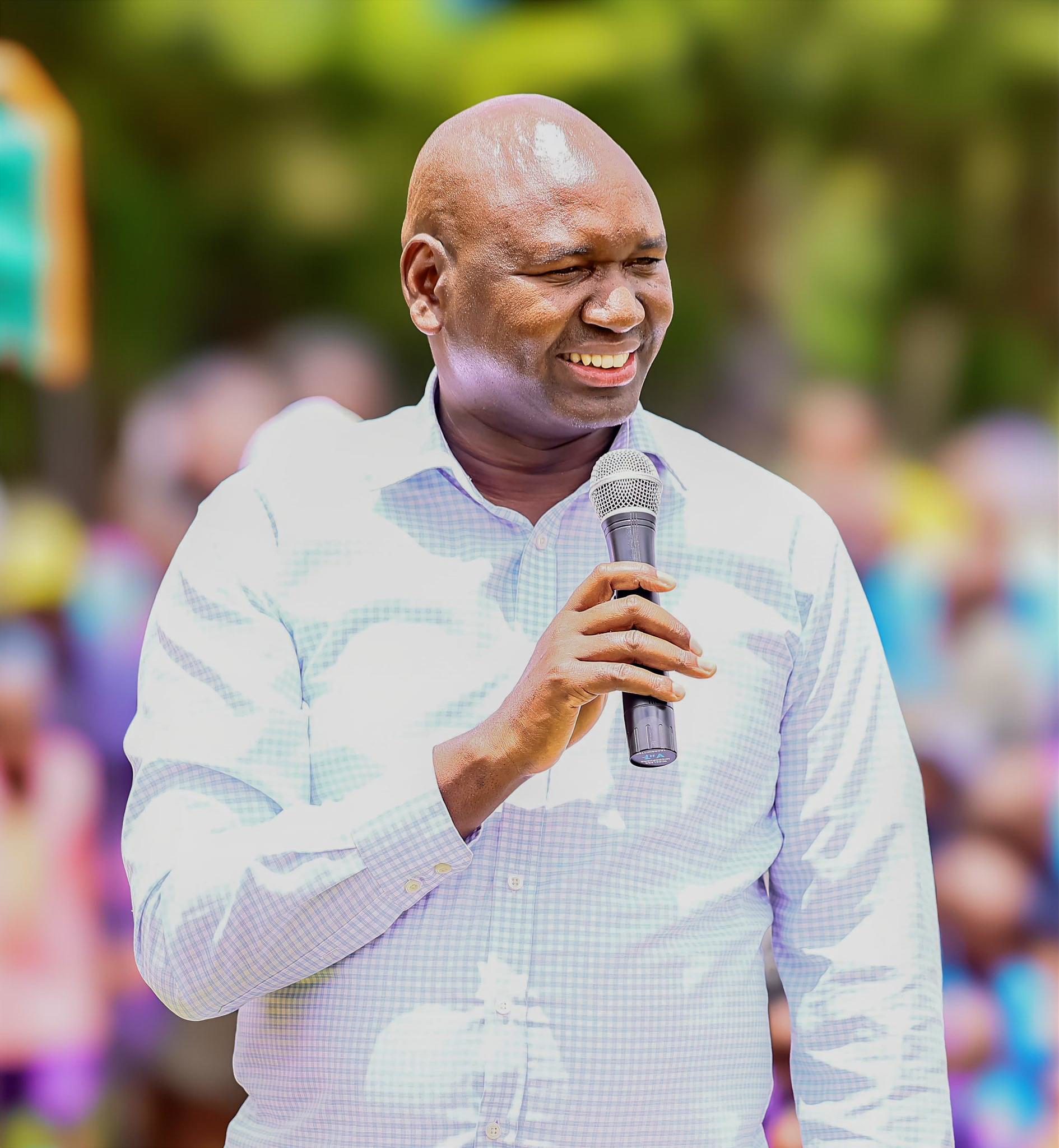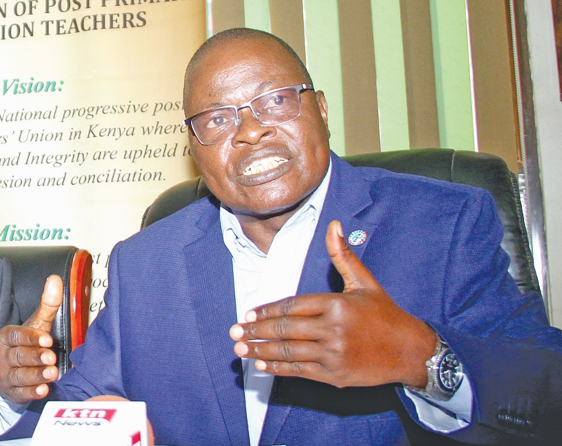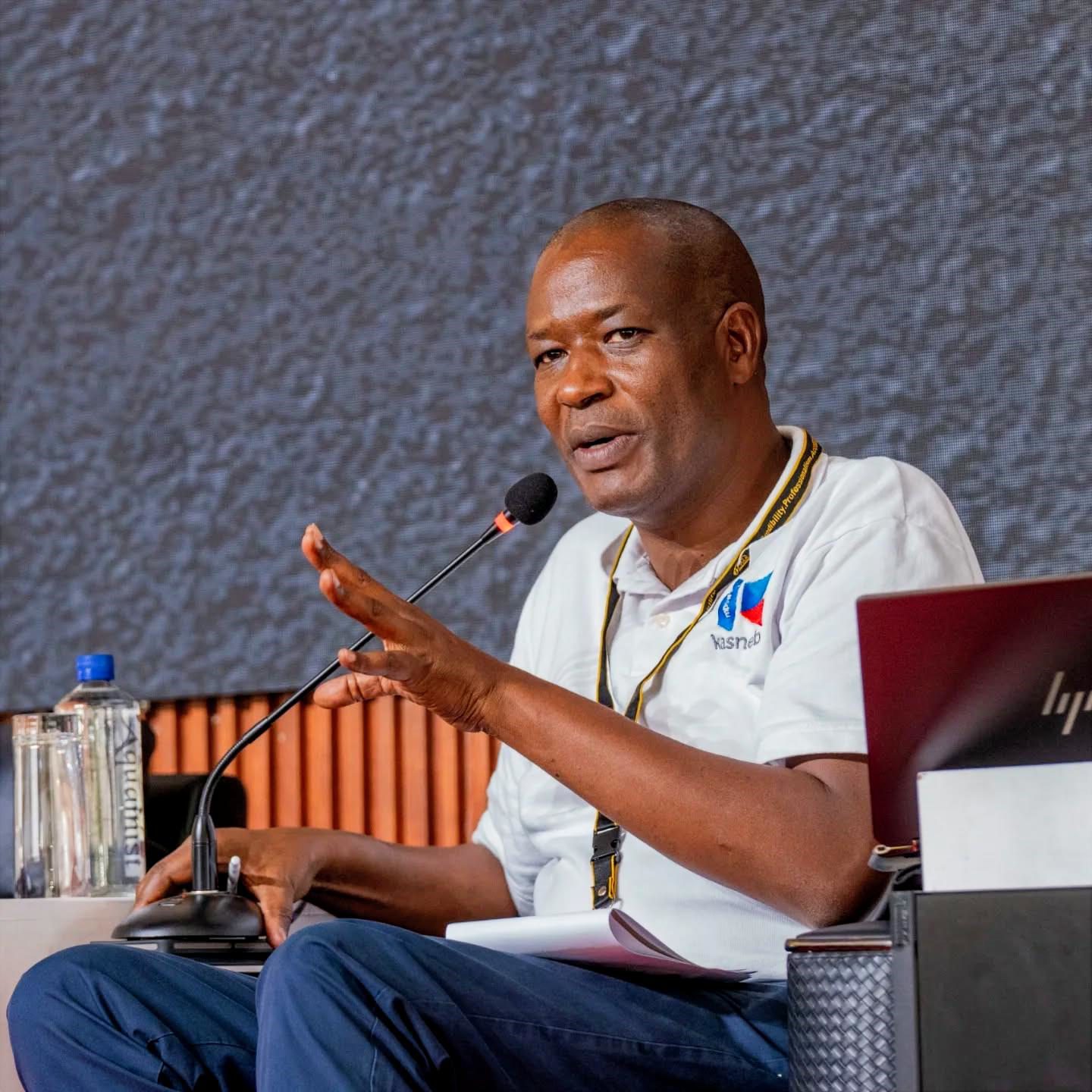By Kipkemboi Toroitich
Egerton University graduates who have not been able to secure any form of formal employment due to the illegality of the degree certificates they acquired are now out of the woods as Parliament has intervened.
The over 200 graduates were admitted to do Bachelor of Science, Water and Environmental Engineering, but upon graduation, were treated to a nerve-racking shock that they could not be enrolled into the Engineers Board of Kenya (EBK).
EBK is the regulatory body that admits all engineers to the practice, much the same way lawyers are admitted to the bar before they can engage in any professional activity.
Their university had goofed by overstepping its mandate to introduce the course without following approval protocols, and going ahead to admit students to pursue the unaccredited course.
Now the graduates have to undergo training on eight other units that had been surpassed. Fortunately, the Research and Education Committee of the National Assembly has ruled that they will incur no extra cost.
“Owing to the loss of money and time, and the psychological torture they have undergone, the eight courses will be offered by the university free of charge,” said part of its report.
A section of the graduates had petitioned Parliament upon realizing that their years of study and money had gone to waste.
The training will commence in September this year, to run until December when they will graduate with a Bachelor of Science, Civil and Environmental Engineering. It is not clear what will happen to the degree they have already obtained.
Bachelor of Science, Water and Environmental Engineering is a degree course that was unilaterally put together by Egerton University in 2014. The administration had neither sought the advice nor the approval of Commission for University Education (CUE), which, among other things, regulates degree programmes offered by Kenyan universities.
Education Act 2012 obligates universities to engage with CUE before introducing any new academic programme, which will inspect, evaluate and give its recommendations based on their findings.






